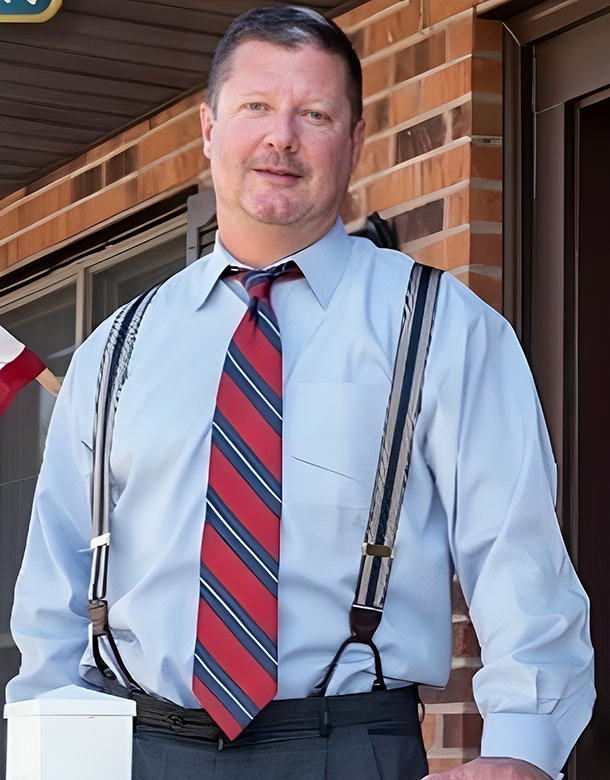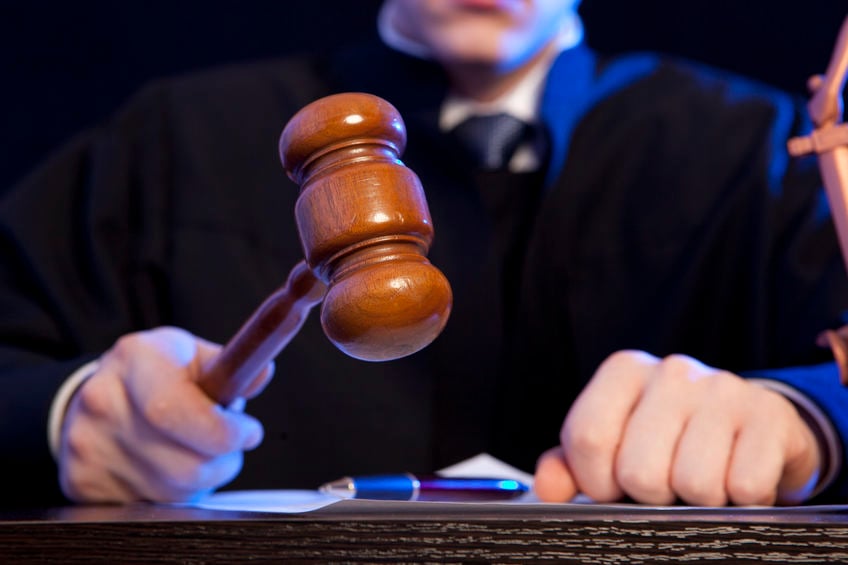DELAWARE
OFFENSES INVOLVING PROPERTY

Offenses Involving Property In Delaware
Offenses involving property include vandalism, theft, burglary, and robbery. The penalties can range from fines to incarceration depending upon the severity of the crime. If you have been accused of an offense involving property in Delaware and need legal advice, contact us today for a free consultation.
Criminal Mischief: A person is guilty of Criminal Mischief when he intentionally or recklessly damages tangible property of another, tampers with tangible property of another so as to endanger person or property or tampers or makes connection with tangible property of a utility.
- Criminal Mischief is categorized as an Unclassified Misdemeanor when the damage is $1000 or less, which is punishable up to 30 days at level V.
- This offense is considered to be a Class A misdemeanor when the damage is more than $1000, which is punishable up to 1 year at level V.
- Criminal Mischief becomes a Class G Felony if the damage is $1500 or more or the defendant causes substantial interruption of a utility.
Criminal Trespassing: A person is guilty of Criminal Trespassing when he knowingly enters or remains unlawfully upon real property.
- Such crime is deemed to be known as Criminal Trespassing Third Degree, which is a violation and the defendant is subject to a fine only.
- Criminal Trespassing Second Degree is defined as a person knowingly entering or remaining unlawfully in a building or upon real property fenced or enclosed in a manner chiefly designed to exclude intruders. This is categorized as an Unclassified Misdemeanor, punishable up to 30 days at level V.
- This crime becomes a Class A misdemeanor when a person knowingly enters or remains unlawfully in a dwelling or building used to shelter animals and is punishable up to 1 year at level V.
Burglary
Burglary First Degree: A person is guilty of Burglary First Degree when he or she knowingly enters or remains unlawfully in a dwelling at night with the intent to commit a crime therein and when effecting entry or when in the dwelling or fleeing from he or an accomplice is armed with explosives or a deadly weapon or causes physical injury to any non- participant.
- Burglary First Degree is classified as a Class C Felony, which is punishable up to 15 years at level V and also carries a 2 year minimum sentence for first offenses. There is a 4 year minimum sentence for the second offense committed within five years of the being released from a prior Burglary First or Second Degree conviction.

Burglary Second Degree: A person is guilty of Burglary Second Degree when he knowingly enters or remains unlawfully in a dwelling with intent to commit a crime therein, in a building and when in effecting entry or when in the building or in immediate flight therefrom he or an accomplice is armed with a deadly weapon or causes physical injury to a non-participant.
- This offense is a Class D Felony and carries a minimum one year mandatory sentence at level V though is punishable up to 8 years at level V. If the offense occurred within five years from prior incarceration for Burglary First or Second Degree it carries a minimum sentence of 3 years at level V.
- If the victim is 62 years of age or older, Burglary Second Degree becomes a Class C Felony which is punishable up to 15 years at level V.
- This is a Class F Felony, punishable up to 3 years at level V.
Robbery
- Robbery Second Degree is considered to be a Class E felony. This crime is punishable up to 5 years at level V.
- With as conviction of this crime is carried a minimum sentence of 3 years at level 5 for the first offense but is punishable up to 25 years at level V as Robbery First Degree is considered to be a Class B Felony.
- A second conviction of Robbery in the First Degree subjects the defendant to a minimum sentence of 5 years at level V if the second offense occurred within ten years from incarceration for the prior Robbery in the First Degree.
Theft Offenses
- Theft is a Class A Misdemeanor if property is valued at less than $1000 and is punishable up to 1 year at level V incarceration.
- Theft becomes a Class G Felony of the property is valued at $1000 or more. This is punishable up to 2 years at level V. This crime is also a Class G Felony if the victim is 60 years of age or older and the property is valued at less than $1000.
- If the victim is 60 years of age or older and the property subject to the Theft is valued at $1000 or more the crime becomes a Class F Felony which is punishable up to 3 years at level V.
- If the value of the property is found to be between $50,000 and $100,000 the crime is a Class E Felony. This is punishable up to 5 years at level V incarceration.
- If the property is valued greater than $100,000 the Theft becomes a Class C felony. This is punishable up to 15 years at level V.
Forgery: A person is guilty of Forgery when he intending to defraud, deceive or injure another he alters any written instrument or another without his authority; makes, completes, executes, authenticates or transfers and written instrument which purports to be the act of another person, whether real or fictitious, who did not authorize that act; or possesses a written instrument, knowing that it was made, completed or altered under circumstances constituting forgery. Forgery in punished in different degrees depending upon the type of instrument forged.
- Forgery First Degree can be defined by forgery that involves an issue of money, stamps, securities or other valuable instruments issued by the government or stocks, bonds or other instruments representing interest or claims of a corporation. This is a Class F Felony to be punishable up to 3 years incarceration at level V.
- Forgery Second Degree becomes a class G felony if the forgery involves deeds, wills, contracts, checks, public record, prescription or other instrument issued by public entity. This is then punishable up to incarceration for 2 years at level V.
- Forgery Third Degree then includes all other types of forgeries and is noted to be a Class A Misdemeanor which is punishable up to 1 year at level V.
REQUEST A DUI HEARING
The Delaware DUI law allows only 15 days from the time of your arrest to request a hearing with the Delaware DMV. If you do not request a hearing within 15 days, your driver’s license will be automatically suspended.
Get a Free Consultation:

About Us
Eric G. Mooney
Voted Top Criminal Defense Lawyer
By Delaware Today
Eric G. Mooney has developed a reputation for tenacious and successful representation of his clients for over 20 years. He practices in all areas of criminal defense and has focused efforts on diligently pursuing DUI cases.
Mr. Mooney was voted one of Delaware’s Top Criminal Defense Lawyers by Delaware Today multiple times, Best Trial Lawyers in America and Best Attorney in Sussex County Delaware by Coastal Style Magazine.

- Eric G. Mooney
What We Can Do For You...
We will use our years of experience to evaluate each case individually, and help our clients understand their legal options. We treat all of our clients with patience and compassion, and fight to resolve each case with the best possible outcome.

Please fill in the form below to get in touch with us
CONTACT Eric G. Mooney, P.A. Criminal Defense
TESTIMONIALS
OUR Happy Clients
OUR NEWS & BLOG
We Are Ready To Help You To Get Update News
Stay informed on criminal justice matters with our dedicated news updates. Empowering you with accurate and timely information for a safer society. Explore now!












